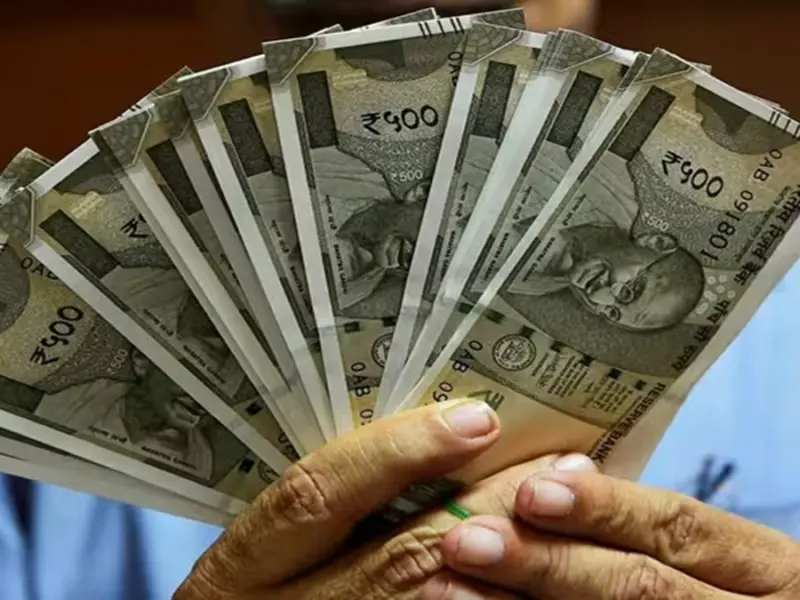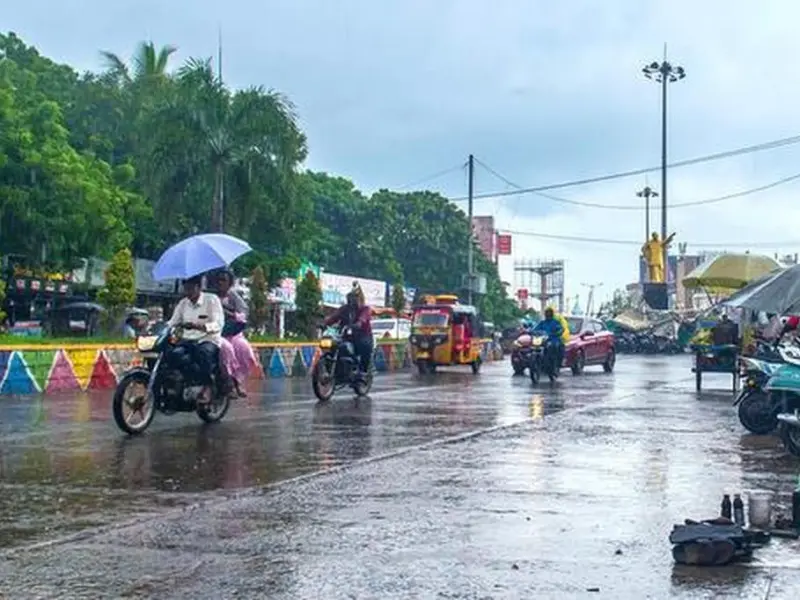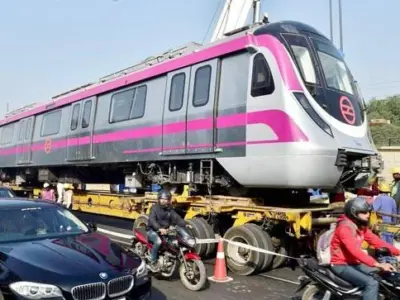The central government has announced the Humsafar Policy, aimed at improving highway travel by providing essential facilities such as clean toilets, wheelchair access, EV charging stations, petrol pumps, restaurants, and parking areas along the highway network. If implemented effectively, this policy could transform road travel across the country.
On Tuesday, Union Minister for Road Transport and Highways, Nitin Gadkari, launched the policy and humorously remarked that it had been delayed by four years due to extensive studies and deliberations by officials and experts. The policy aims to offer a pleasant and safe travel experience for people on highways.
Four Categories of Services in the New Policy:
- Food Stops (Restaurants, Food Courts, Dhabas)
- Food Stops with Fuel Stations
- Fuel Stations Only (Including toilets and baby care rooms)
- Trauma Centers (Including toilets and baby care rooms)
Private Agency Ratings for Amenities:
Under the Humsafar Policy, side amenities will be set up every 40-60 kilometers along the highway network, with 1,000 such facilities proposed. Existing establishments such as dhabas, restaurants, and petrol pumps near the highways will also be included under the policy. Information about these facilities will be available on the Rajmarg Yatra Platform, where private agencies will rate them based on their service standards, helping travelers make informed choices. Travelers will also be able to provide feedback through the platform.
The policy will allow service providers to put up their signboards along the highways, and Gadkari acknowledged that it is the government’s responsibility to ensure these facilities are developed for high-quality road services, which it has failed to fully achieve so far.
New Job Opportunities:
Alongside the launch of this policy, Gadkari issued a warning to existing petrol pumps, stating that they must keep their toilet facilities open to the public or face the cancellation of their NOCs (No Objection Certificates). The policy also includes baby care rooms, a facility Gadkari highlighted as crucial for addressing the discomfort faced by women travelers.
The new policy aims to create a better environment for road travel while also empowering entrepreneurs and generating new job opportunities.
Standardised Facility Structure:
Gadkari expressed hope that the Humsafar brand will become synonymous with safe and smooth travel. One key objective of the policy is to ensure a standardized structure for amenities along highways and expressways, meaning that high-quality food points or toilets will not just be available near major cities but also in smaller towns and rural areas along the highways.
Service Monitoring:
The Ministry of Road Transport has made provisions for the monitoring of these services under the new policy. Gadkari urged agencies like the NHAI to continuously oversee the implementation.
The policy also mandates service providers to ensure proper entry and exit points, service lanes, and signage at their establishments. Their licenses will be renewed every two years, and if multiple applications are received within a 10-kilometer radius, only one will be granted a license. Additionally, service providers with a consistent Three Plus Rating will receive discounts on service charges.
Key Highlights of the Humsafar Policy:
| Sr. No. | Humsafar Policy Feature |
|---|---|
| 1 | Facilities include clean toilets, wheelchair access, EV charging, fuel stations, restaurants, and parking. |
| 2 | Services categorized into food stops, fuel stations, and trauma centers, each with essential amenities. |
| 3 | Every 40-60 km along highways, 1,000 facilities to be established. |
| 4 | Existing establishments (dhabas, restaurants, fuel stations) included under the policy. |
| 5 | Private agencies to rate facilities and allow travelers to provide feedback on the Rajmarg Yatra Platform. |
| 6 | Signage permissions for service providers along highways. |
| 7 | Baby care rooms to be included in facilities, addressing the needs of women travelers. |
| 8 | Petrol pumps mandated to keep toilet facilities open or risk losing their NOCs. |
| 9 | Entrepreneurial opportunities and job creation as key benefits. |
| 10 | Regular monitoring by NHAI and service providers’ licenses to be renewed every two years. |
The Humsafar Policy is set to provide a more comfortable and safe road travel experience while also boosting local businesses and employment opportunities along India’s highways





